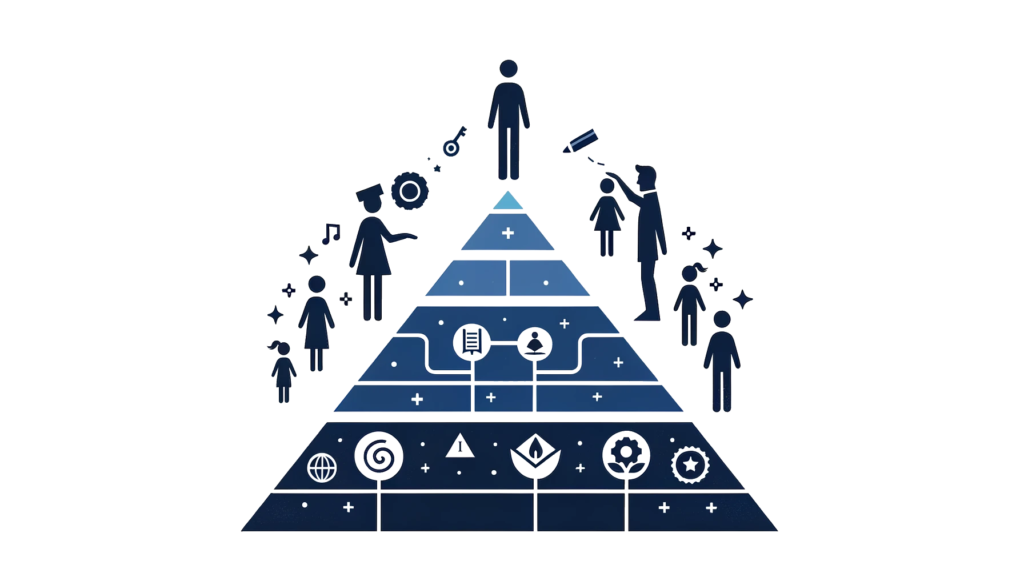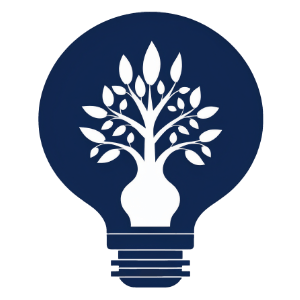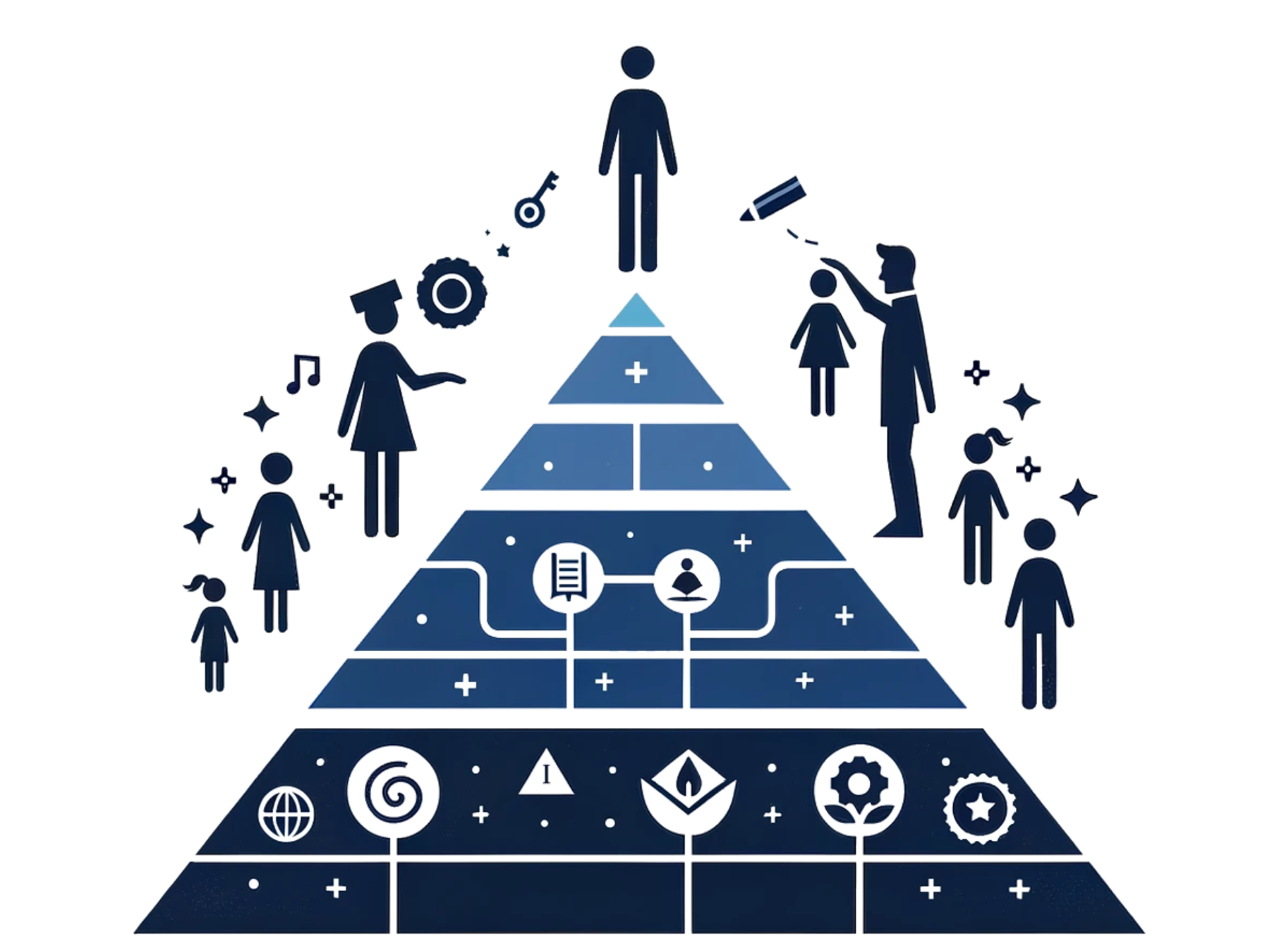
by Alec Goldman
Hello fellow EIN members! I wanted to discuss a bit of how I approach applying coaching to personalized learning, particularly how I combine it with a couple of concepts that are well-known among educators, and how that can lead to successful personalized learning journeys for our students. In my 28 years of experience as an educator, I’ve come to realize that integrating coaching methodology into the educational framework, particularly when guided by Bloom’s Taxonomy and Maslow’s Hierarchy of Needs, significantly enhances our ability to support and empower students through their learning journeys. Coaching, with its core principles of inquiry, reflection, goal-setting, and personalized support, serves as a powerful tool for implementing learning pathways that are both meaningful and impactful for my students.
In the context of Maslow’s Hierarchy, coaching methodologies prioritize the holistic well-being of the student, ensuring that their physiological and safety needs are addressed as a foundation for learning. Coaches work alongside educators and parents to identify any barriers to learning that may stem from unmet basic needs, advocating for and implementing strategies that ensure students have the necessary support to thrive both inside and outside the classroom.
As we move up Maslow’s hierarchy towards psychological and self-fulfillment needs, coaching methodologies emphasize the importance of fostering a sense of belonging and esteem within the learning environment. This involves creating opportunities for students to connect with their peers and educators in meaningful ways, as well as setting and achieving personal goals that contribute to their sense of accomplishment and self-worth. Coaches play a crucial role in facilitating these connections and recognitions, guiding students to recognize their own progress and celebrate their achievements.
Transitioning to the implementation of Bloom’s Taxonomy within a coaching framework, the emphasis is placed on facilitating cognitive development through tailored, student-centered learning experiences. Coaches employ questioning techniques that prompt critical thinking and reflection, encouraging students to explore their understanding, apply knowledge in new contexts, analyze information critically, evaluate outcomes, and ultimately, engage in creative problem-solving. This dialogic process not only deepens students’ cognitive abilities but also nurtures their intrinsic motivation and engagement with the material.
Furthermore, coaching methodologies advocate for goal-setting at various stages of the learning process, aligning with the different levels of Bloom’s Taxonomy. Coaches work with students to set specific, measurable, achievable, relevant, and time-bound (SMART) goals that reflect their current level of cognitive development and stretch them towards higher-order thinking skills. This goal-setting process is dynamic and personalized, allowing students to take ownership of their learning journey and adapt their goals as they grow and evolve.
In practical terms, implementing a coaching-based approach to education requires a shift in how we design and deliver curricular and extracurricular experiences. It means adopting a more flexible, student-centered curriculum that allows for differentiation and personalization. It involves training educators in coaching skills, such as active listening, effective questioning, and feedback techniques, to enhance their interactions with students. It also necessitates the creation of a supportive learning environment that encourages experimentation, reflection, and growth.
By weaving coaching methodologies with the insights provided by Bloom’s Taxonomy and Maslow’s Hierarchy of Needs, we can create a more adaptive, responsive, and effective educational system. This approach not only addresses the diverse needs and aspirations of our students but also empowers them to navigate their learning journeys with confidence, curiosity, and a deep sense of purpose. None of this is particularly easy, but it is a way forward when we look at how we can reframe education and learning in a student-centered way that gives them (and us!) tools for sustainable success.
Alec Goldman
Head of Learning, HEYA Education

